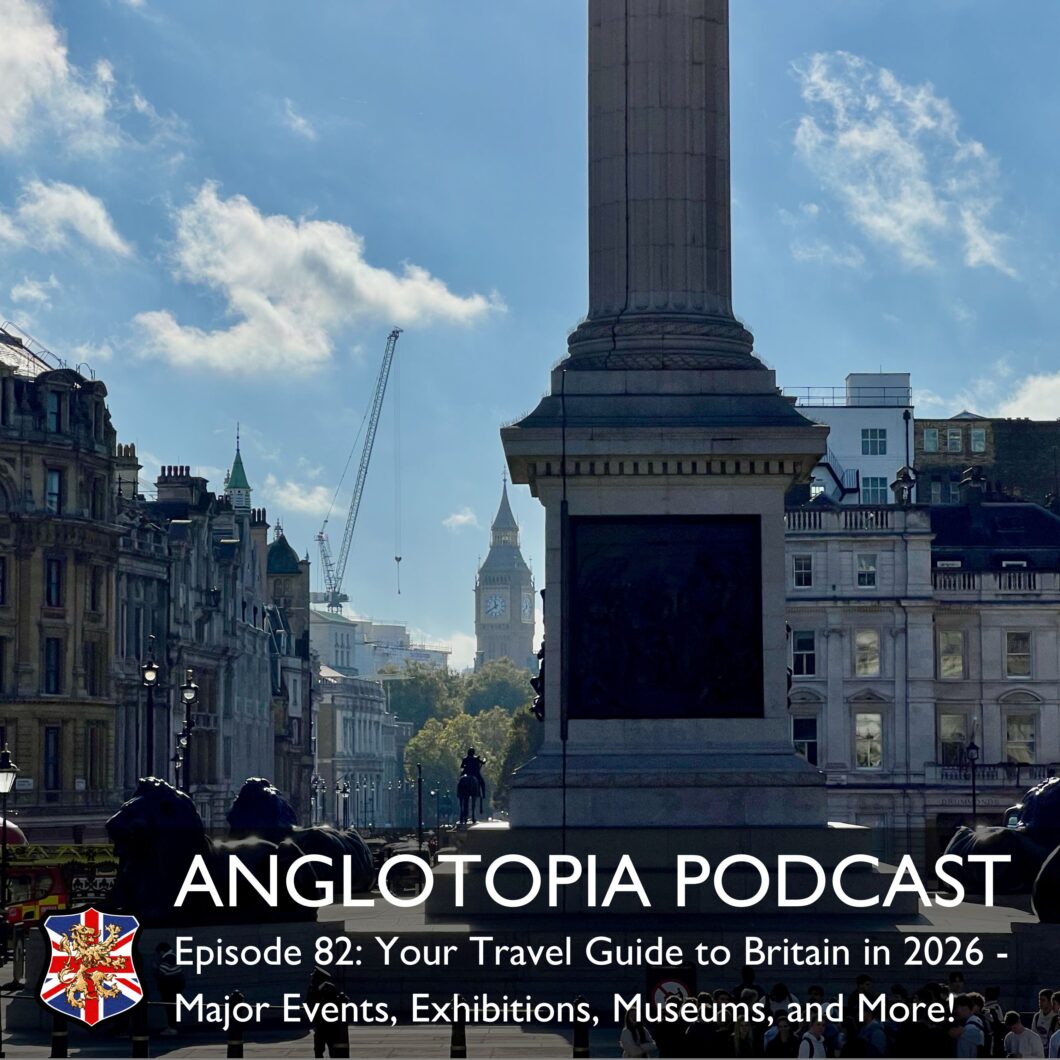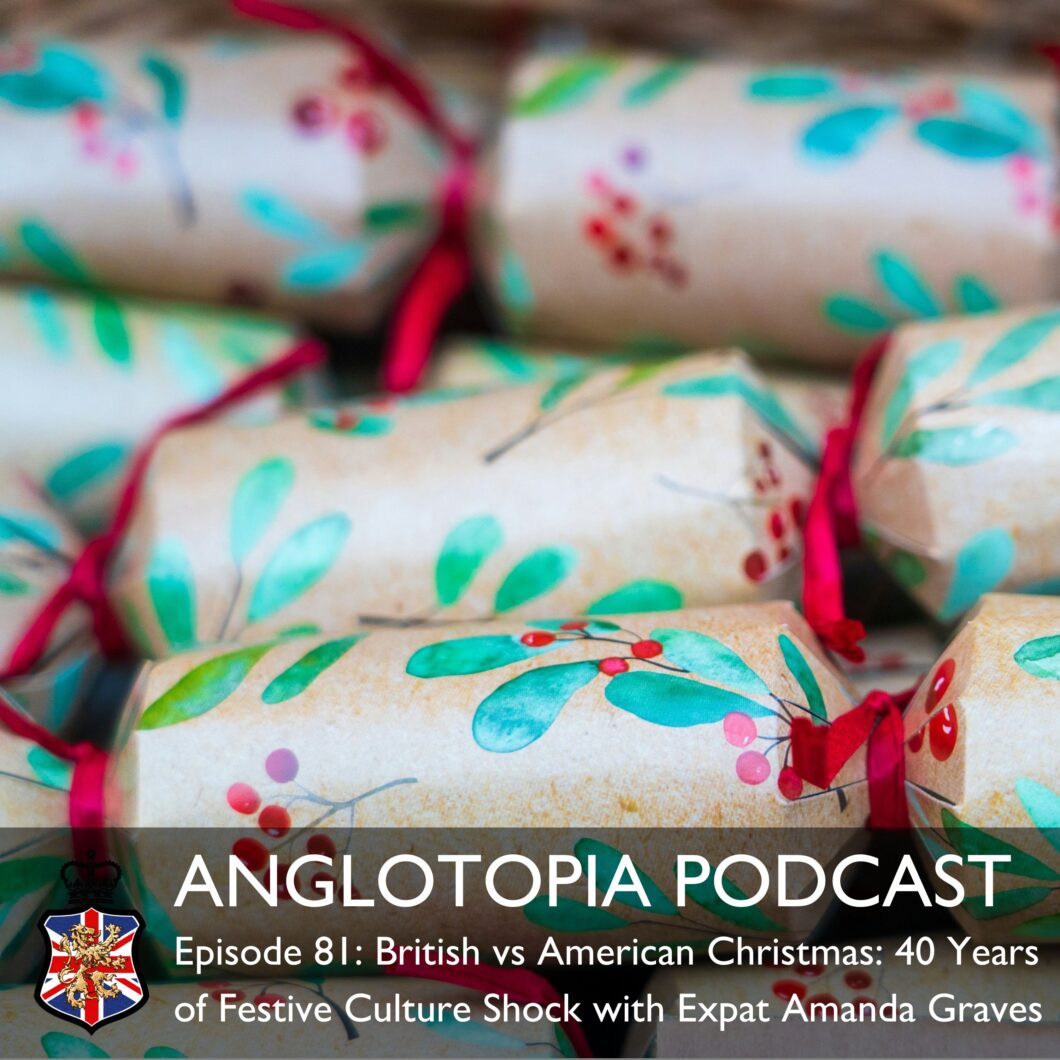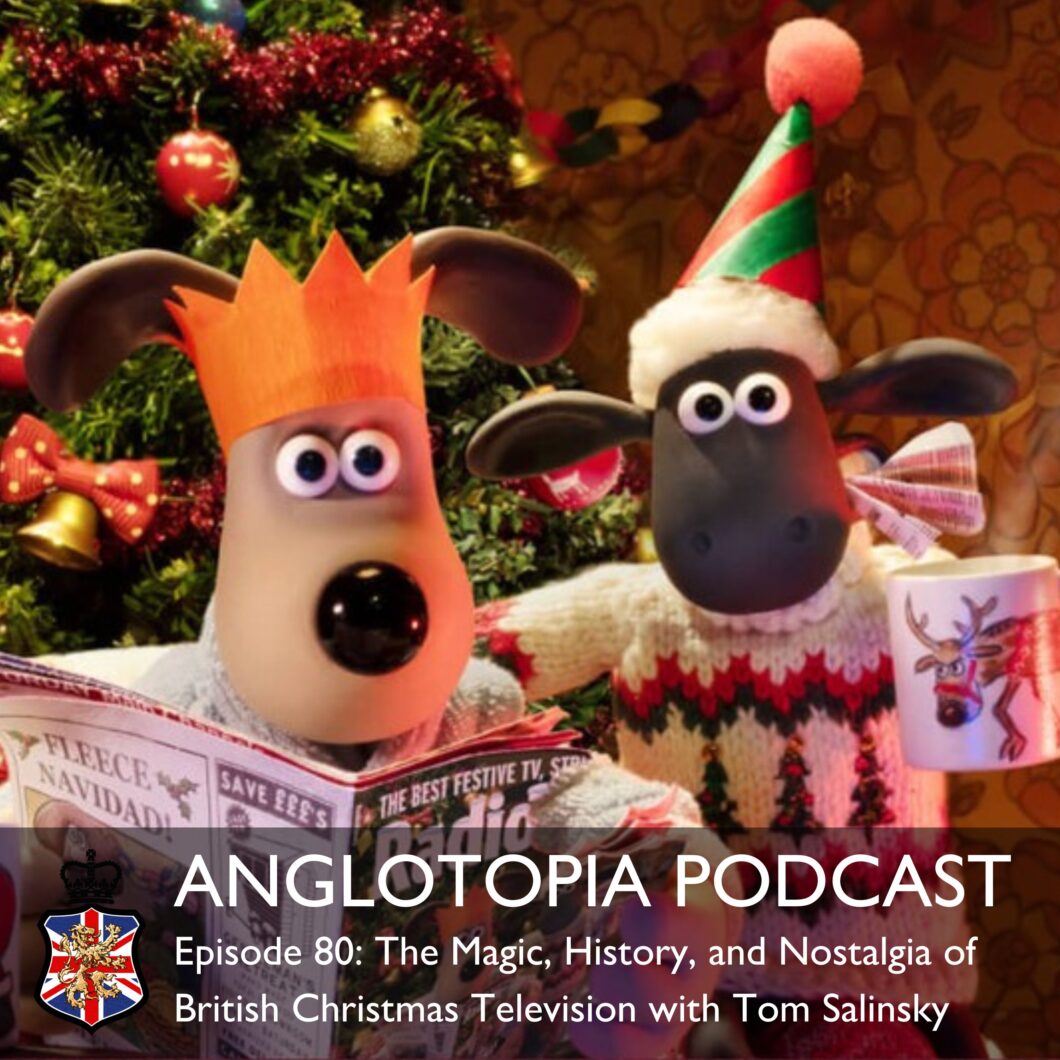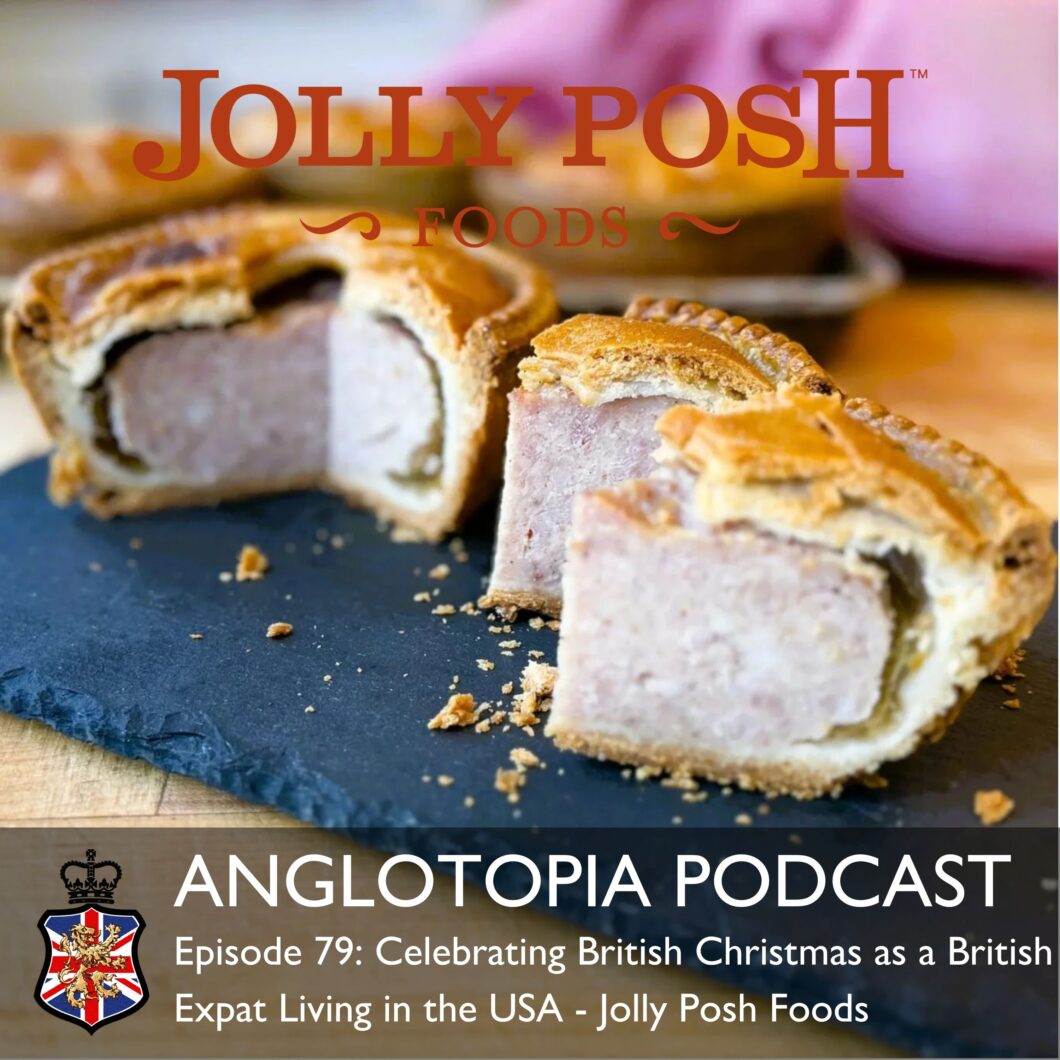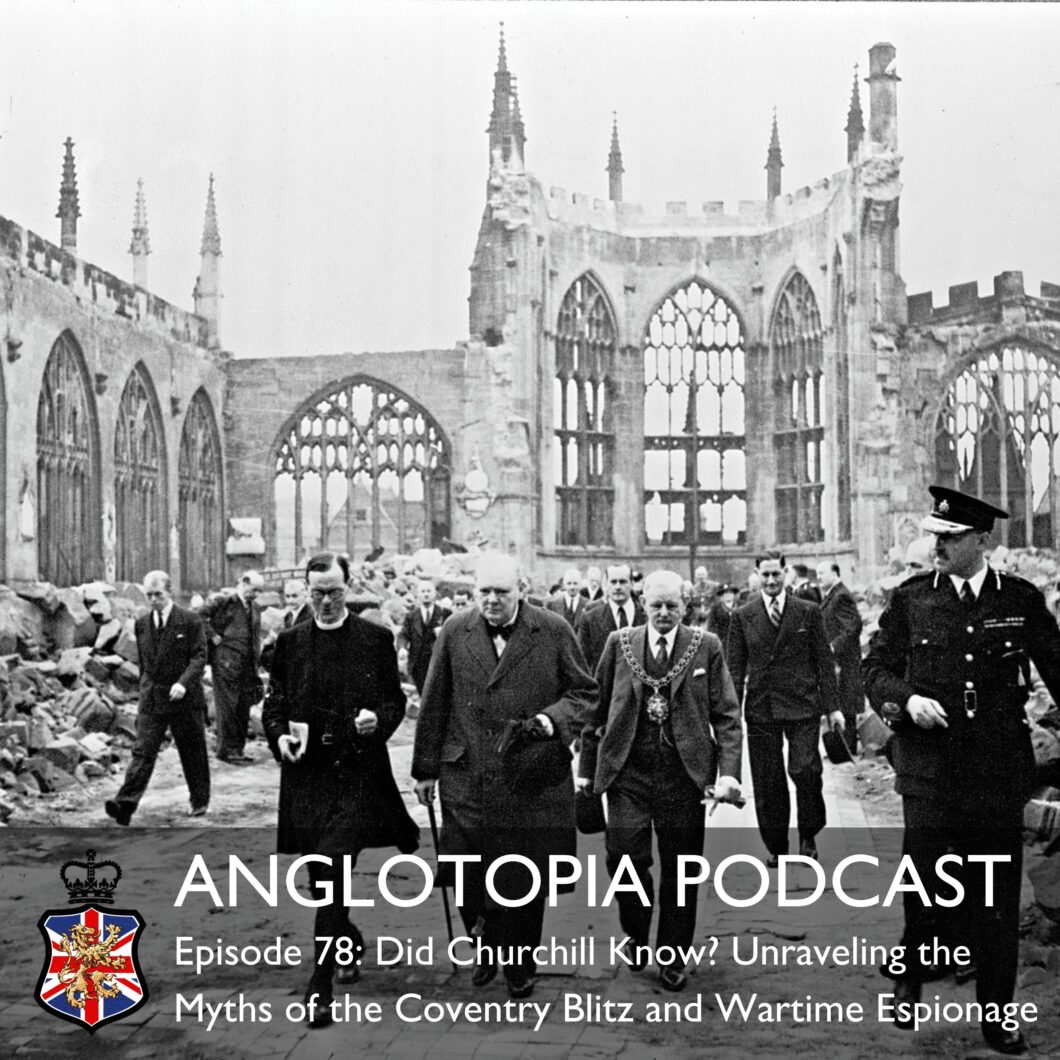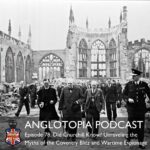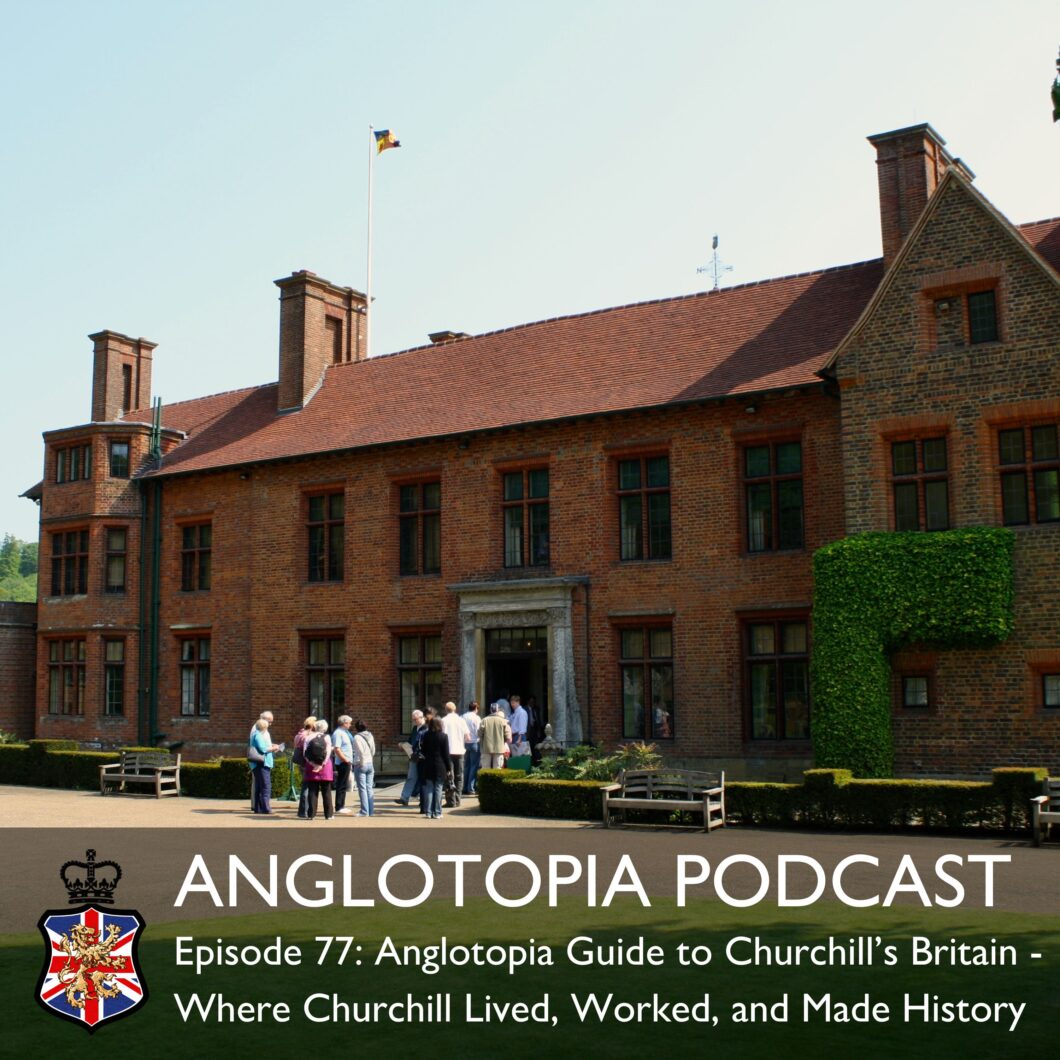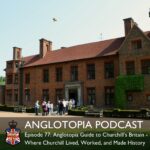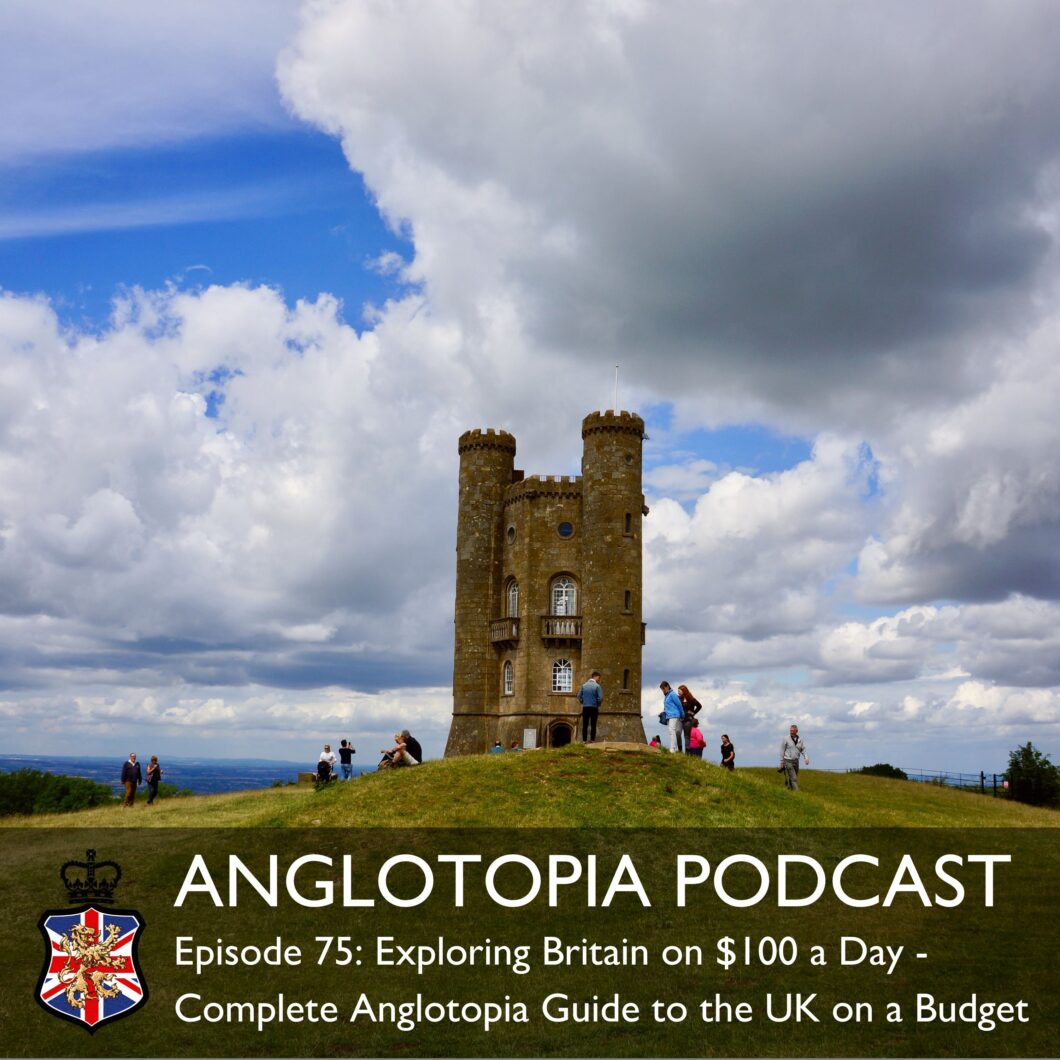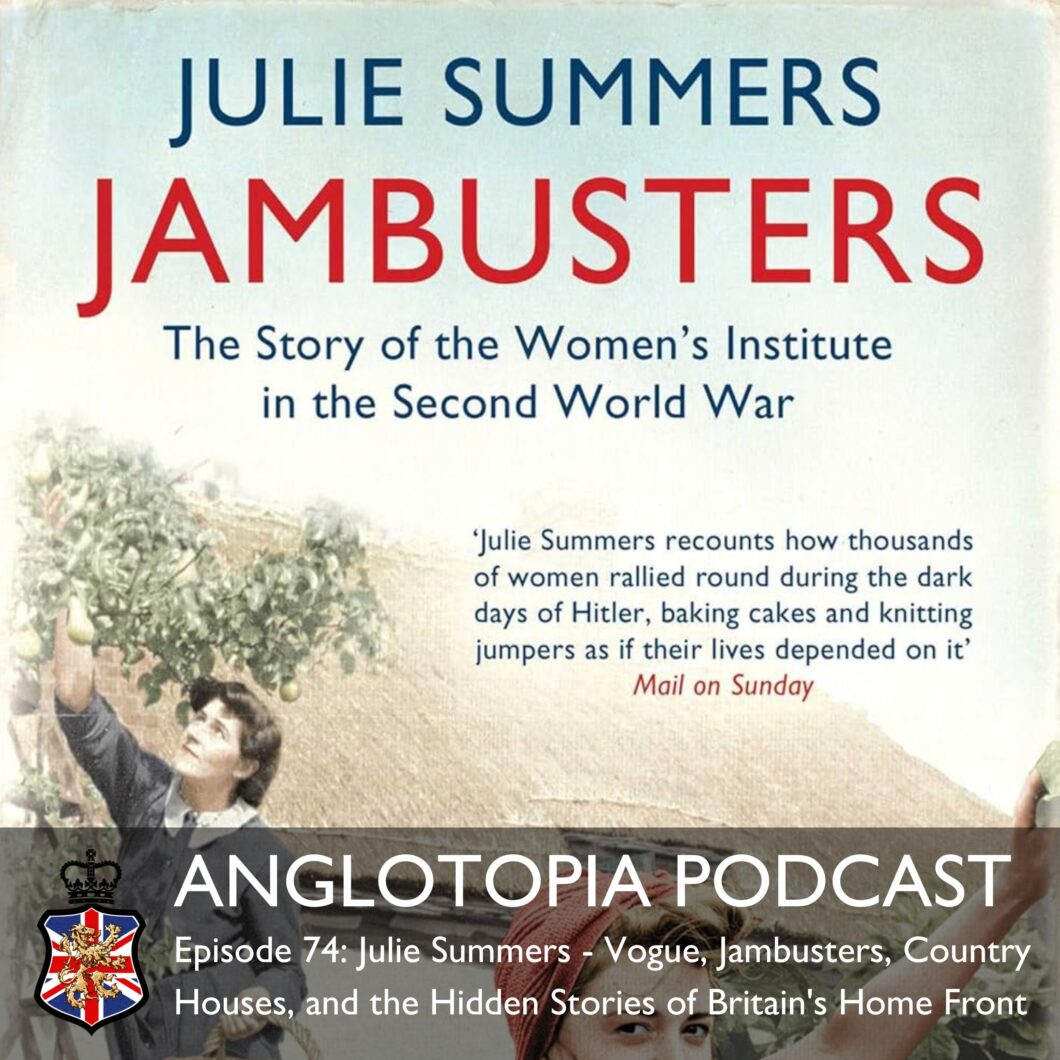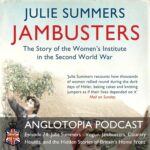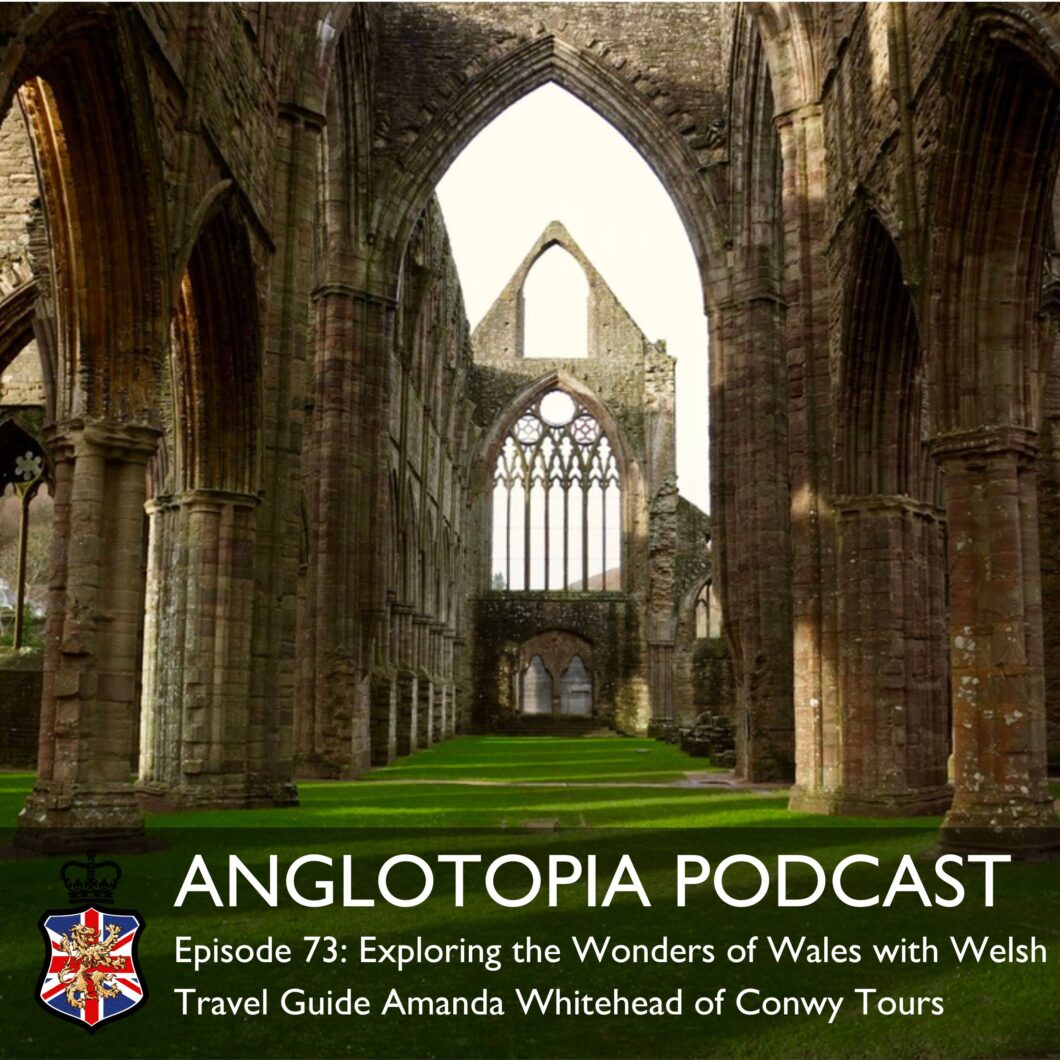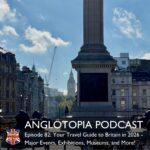
In this episode of the Anglotopia podcast, host Jonathan Thomas discusses exciting plans for 2026, including his personal goal of walking Hadrian’s Wall, the revival of Anglotopia’s online store, and major cultural events happening across Britain. He highlights significant Royal anniversaries, exhibitions, and theatre performances to look forward to, emphasizing the importance of planning ahead for Anglophiles. The episode concludes with a call to support Anglotopia through the Friends of Anglotopia Club.
Links
- Friends of Anglotopia
- Cornish Smuggler’s Tea
- Anglotopia Store
- Macs Adventure
- Shadowlands with Huge Bonneville
- Sorry, Prime Minister Tickets
- The Unlikely Pilgrimage of Harold Fry
Takeaways
- Walking Hadrian’s Wall is a personal goal for Jonathan.
- Anglotopia is reviving its online store after ceasing imports.
- 2026 marks Queen Elizabeth II’s 100th birthday with special events.
- The Bayeux Tapestry will be exhibited at the British Museum.
- Celebrations for Beatrix Potter and other British icons are planned.
- New museums, including V&A East, will open in 2026.
- Winston Churchill’s paintings will be featured in an exhibition.
- Theatre performances in London’s West End are highly anticipated.
- Planning ahead is crucial for Anglophiles traveling to Britain.
- Joining the Friends of Anglotopia Club supports British culture.
Sound Bites
1. The Big Commitment (Line 38)
“So we closed this deal about a month or two ago and that’s a big deal because now I have to do it. There’s people counting on me to do this. Macs Adventure is counting on me doing it, my business is counting on me to do it, so I have to do it. I don’t have a choice.”
2. The Challenge Ahead (Line 14)
“It involves physically preparing to walk 84 miles on purpose. And I, as you can see, I’m not in the best of shape. So the idea of walking so many miles is kind of daunting to me.”
3. You’re All Coming Along (Line 44)
“That’s the big thing for Anglotopia in 26 is I’m walking Hadrian’s Wall. I don’t have a choice and you’re all coming along for the ride with me.”
4. Personal Health Stakes (Lines 26-28)
“It’s for my own health. I’m not in great health. Preparing training for the walk will improve my health and having done it will also improve my health, and I’m hoping that it kind of ushers in a new era where hopefully once a year I do one of these famous long distance walks in Britain.”
5. The Bayeux Tapestry Coup (Lines 105-106)
“I don’t know how they got the French to agree to this. Apparently it took years of negotiations, but the Bayeux Tapestry is gonna leave France and come to the British Museum for a special exhibition. One hopes they give it back when they’re done.”
6. Queen Elizabeth 100 (Lines 80-82)
“April would have been Queen Elizabeth II’s 100th birthday. And so we’re expecting a lot of commemorations around that… It’ll be a chance for people to kind of reflect and remember the lovely days of the reign of Elizabeth II.”
7. The London Museum Opening (Lines 166-168)
“It might almost be worth making a special trip for—not just because I like London’s history, but it’s to see the building itself. The Smithfield Market is an architectural jewel of London.”
8. Churchill’s Painting Secret (Lines 185-186)
“He famously used it to help cope with his mental health, because when he was having the most troubles, he would just go paint, and he would find solace in painting.”
9. Television Turns 100 (Line 112)
“Many people don’t know that a Brit actually made invented television. And so January 26, 2026 will mark the 100th anniversary of Brit John Logie Baird’s first public demonstration of television in London.”
10. Yes Prime Minister Passion (Lines 220-222)
“Yes Minister and Yes Prime Minister are my favorite British comedy show of all time. I’ve watched it a dozen times over and over. It is so funny… I desperately wanted to see this on the West End.”
Chapters
- 00:00 Angotopia’s Plans for 2026
- 10:08 Major Events in Britain for 2026
- 16:39 Cultural Celebrations and Anniversaries
- 26:48 Looking Ahead: Future Events and Exhibitions
- 27:43 Upcoming Exhibitions Worth Seeing
- 29:45 Exciting Museum Openings in 2026
- 32:11 Major Exhibitions to Look Forward To
- 35:15 Theatrical Highlights in the West End
- 48:30 Top Picks for 2026
- 50:23 anglotopia-podcast-outro.mp4

